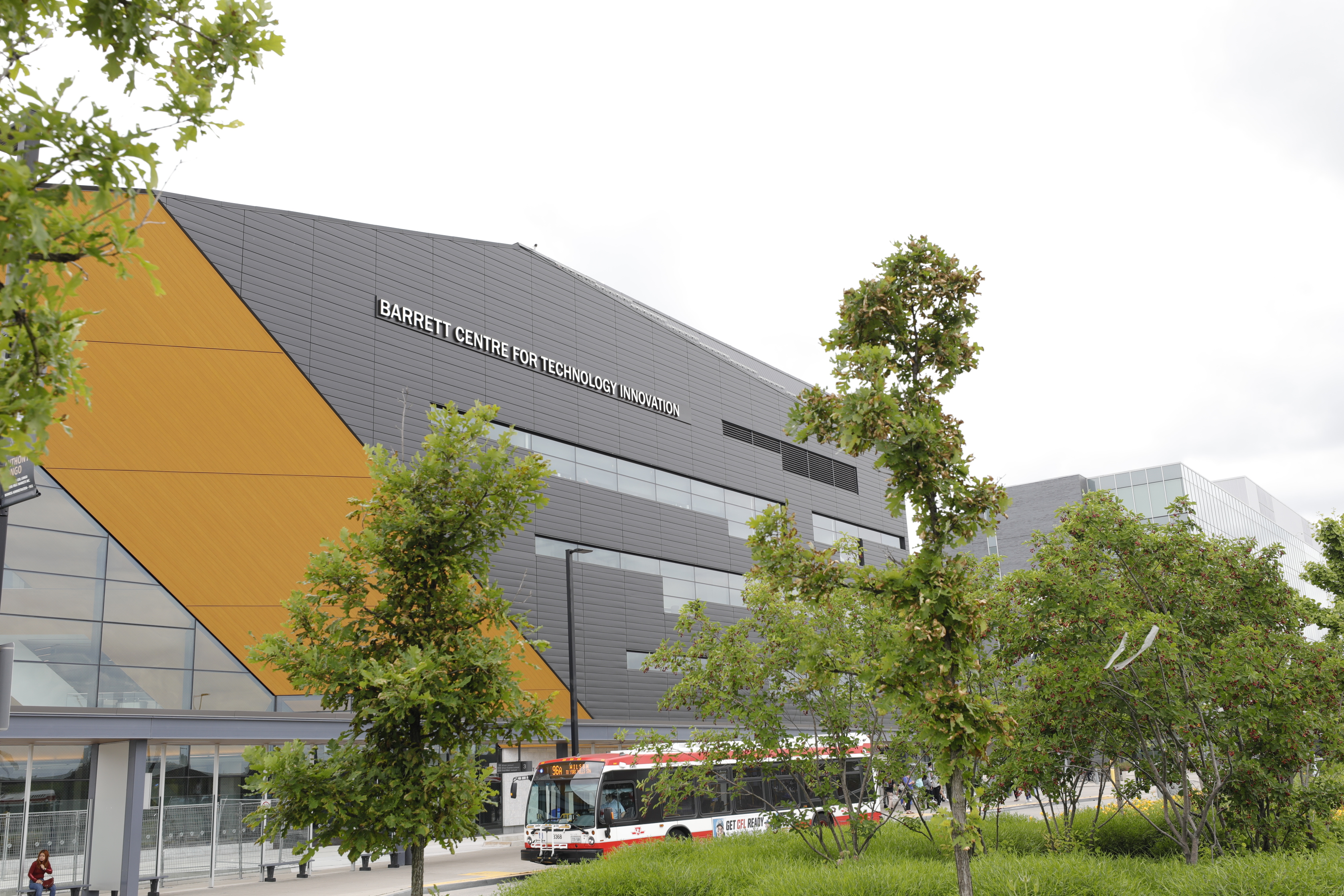
Q&A: Dave Smiderle, Associate Dean, Continuous Professional Learning at Humber College on the new RapidSkills Advanced Manufacturing program
by Sadi Muktadir

Humber College's new program hopes to up-skill new Canadians, skilled trades students and the underemployed to explore careers in advanced manufacturing.

PHOTO: Humber College
On Jan. 11, Humber College released the details of its new, provincially funded micro-credentials course to support workers with the advanced manufacturing skills necessary to get hired and progress in the industry.
The RapidSkills, Advanced Manufacturing Micro-credentials program is for people who are unemployed, underemployed or those who have prior credentials and need their skills officially recognized, like new Canadians.
Dave Smiderle, Associate Dean of Continuous Professional Learning at the Faculty of Applied Sciences and Technology (FAST) at Humber College, joined Canadian Manufacturing to discuss the details of the program and its ambitions.
Hi Dave, thank you for joining us, how did this program come about?
Dave: Well we’ve been facing a talent shortage that dates back years, even before the pandemic. The question we set out to answer was ‘How can we do this to allow people to already build on what they have?’ We wanted to be able to provide something that could complement the existing skillset workers already had.
CM: How long is the micro-credentials program in terms of hours? We understand it runs for about 4 months in terms of length.
Dave: So, at its maximum, it runs at 200 hours, but it can take less than that, depending on how many hours a person is able to commit. We understand that people have jobs and other responsibilities so there’s a lot of flexibility. You have a theoretical component that you can do on your own time, and then there is an assessment done, and then a practical component that is done by booking lab time at Humber College over a weekend.
CM: How much of Humber College’s enrolment is currently in the skilled trades field versus other areas? Is manufacturing and the skilled trades seen as an attractive employment area?
Dave: We definitely see more of an enrolment in our business and service area programs, but I can say that our skilled trades programs are always oversubscribed and prospective students are on waitlists. On the manufacturing side though, there is a misconception of what a career in that industry looks like. Factories today are actually quite different, they’re quite advanced, and they require a whole bunch of skills, which is why we’re introducing programs like this to bridge that gap and clear up some of those misconceptions.
CM: How lucrative are the employment opportunities for students who go through programs like these?
Dave: I can say they’re very lucrative. Many students have job offers before they even finish the program. The demand is so huge right now that people are getting scooped up. In our electrician programs, the industry can’t get enough people into that space so they’re reaching out to us to look for near graduates. We never have a scenario where people aren’t getting work.
CM: Is there a cap on the number of students allowed in the RapidSkills program?
Dave: For this first cohort we have a cap of 30 learners, because we want to make sure we can address every aspect of the program and remain agile, but we do have ambitions to work with other colleges to expand the program later.
CM: What industries stand to benefit the most from this in manufacturing?
Dave: We’re really looking to help any industry that requires advanced manufacturing through automation and electrification, so we can see food manufacturing, pharmaceuticals and automotive manufacturing benefiting. Programmable logic controllers (PLCs) exist in every facet of manufacturing so this program will help them. We’d love to work with manufacturers in the future as well, to tailor our training around the problems they’re looking to solve.
CM: Who are you mainly targeting with this RapidSkills program? We’ve noticed a focus on new Canadians, currently students, the currently employed, but we’re wondering if there’s a particular group in mind?
Dave: For sure! So to be successful in the program, you have to have prior levels of competency. You’ll need to have the Ontario level of grade 11 or 12 math. You need a certain level of English competency, and the program functions as a complement to skills you already have, so ideally a working background in a plant or facility.